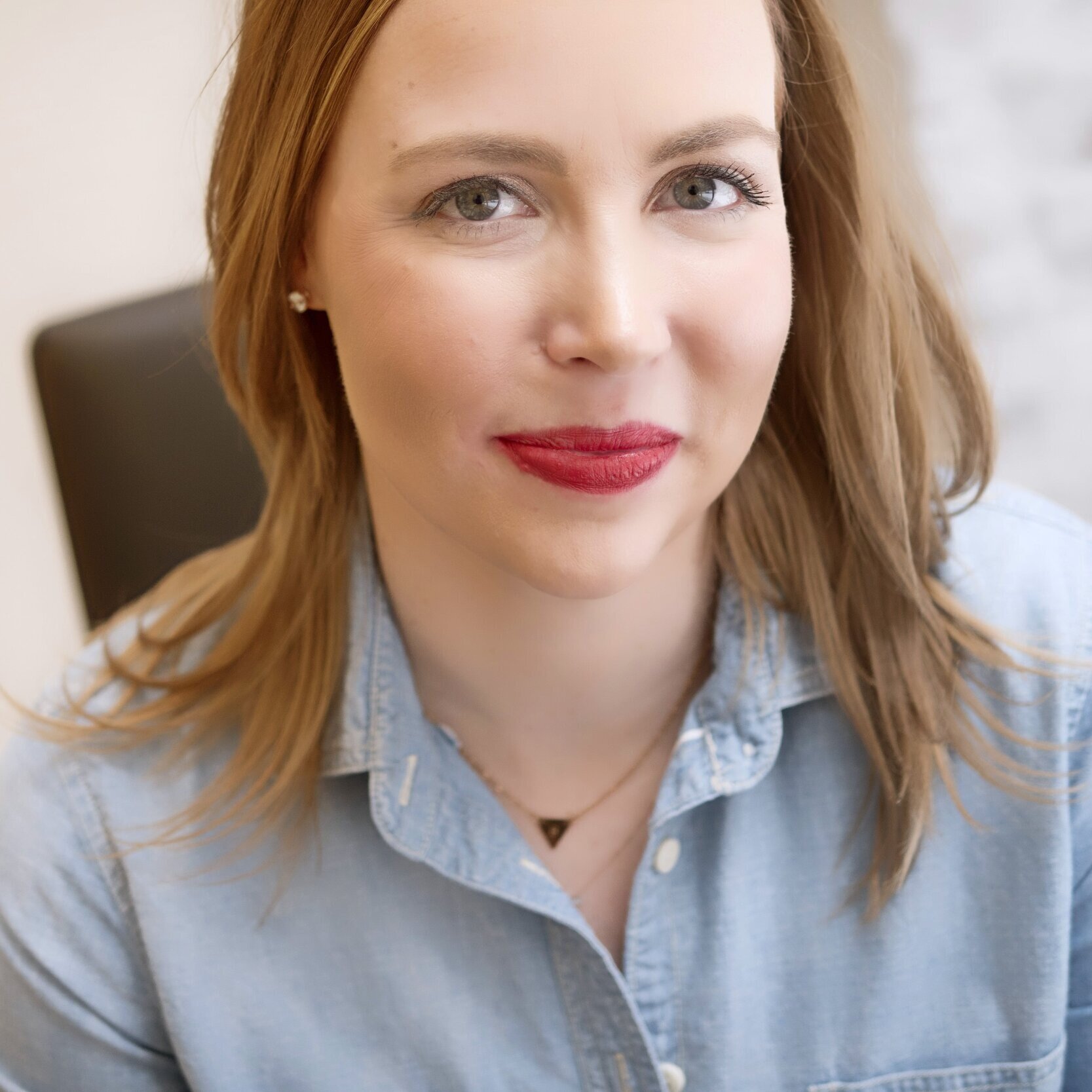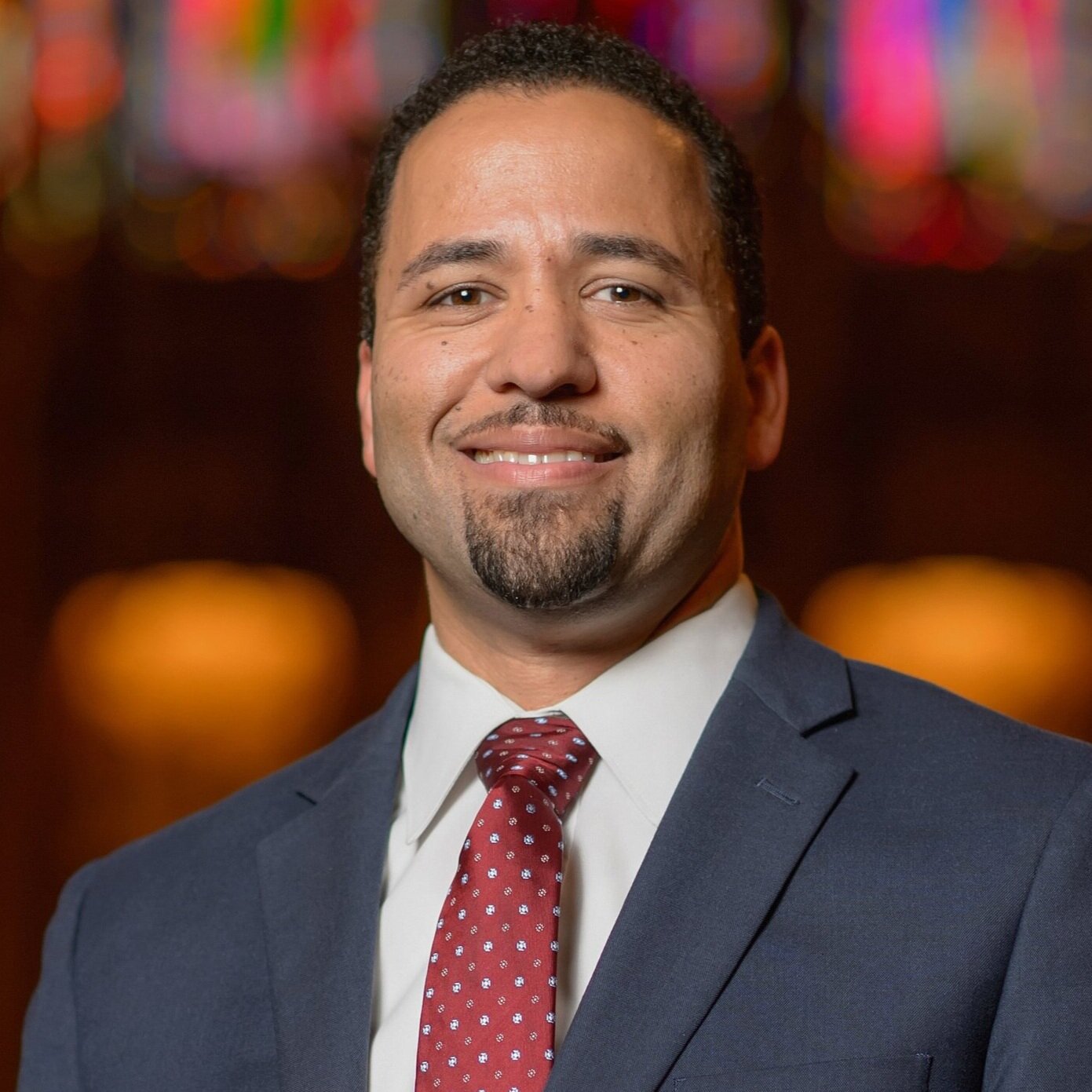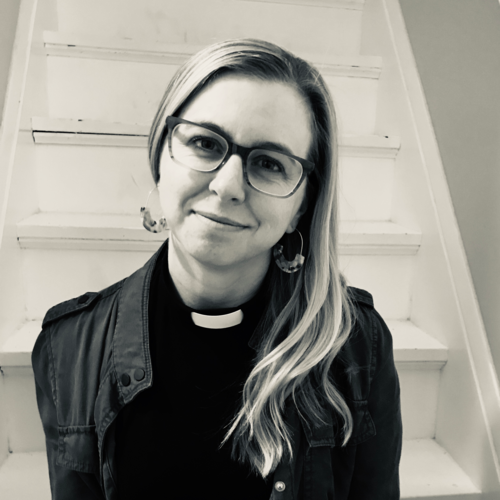Church Anew Blog
Get Updates in Your Inbox
Want to stay up-to-date with the Church Anew Blog? Sign up for our weekly blog round-up.
Pentecostal Protest
God is summoning us—the church—back to our protest-ant roots for such a time as this.
Paternalistic Racism of Nice White People
We have a unique opportunity right now in America. To move from Paternalistic Racism to partnering and listening and working for justice.
The Body of Christ Made Known on Zoom: A Conversation with Diana Butler Bass, Deanna A. Thompson, Joshua Case, and Kelvin Holdsworth
What does it mean to be the virtual body of Christ in a pandemic?
Coronavirus in America: Politics and Survival
In 2020 America, what does your mask say about you and how you live?
If You Have Lost Track of What Day It Is, You Are Not Alone
Bishop Michael Curry looks to psalms for comfort and guidance.
The Virus and My Apocalyptic Son
A father asks Elaine Pagels about our coronavirus world described through his young son’s “Once upon a time” lens.
Church? An answer with inspiration from Rachel Held Evans
What is something that keeps you in the church/Church in this day and age?
The Road to Re-open
What factors should pastors consider on the road to re-opening their church buildings?
On Hoarding Eucharist in a Hungry World
Can Christians celebrate the Eucharist—the Lord’s Supper, Holy Communion —through technology? Is the sacrament valid if it happens virtually?
Virtual Communion and Body of Christ: A Conversation with Dr. Deanna A. Thompson
What does it mean to be the virtual body of Christ in a pandemic?
Life on the Other Side of Easter in 2020
How do we press on in faith when Eastertide still feels like Holy Week?
A Poem for the Season of Easter
Jesus is still crowned with every crown that we may fear – even with this corona that presses on the world’s brows. Inspired by the hymn “Crown Him with Many Crowns”, Justo González reflects on this “zoomed” Easter season.
Rethink: A Conversation with Brian McLaren (part 1)
How do we use this time of COVID-19 to find a new expression of what the movement of Jesus Christ really was supposed to be about?
A Time for Faithful Resilience
How does building resilience during times of hardship nurture faith?
The Sunday After Easter: A Blessing for Thomas
How are we connected to the disciple Thomas this Easter season during COVID-19?
(John 20:19-31)
Not a Pastel Easter: A Conversation with Kate Bowler
What aspects of the Gospel story we hear year after year might we see in a new light this Easter?
EXPLORE OUR ARCHIVE OF ARTICLES FROM
Walter Brueggemann
Get Updates in Your Inbox
Want to stay up-to-date with the Church Anew Blog? Sign up for our weekly blog round-up.
















